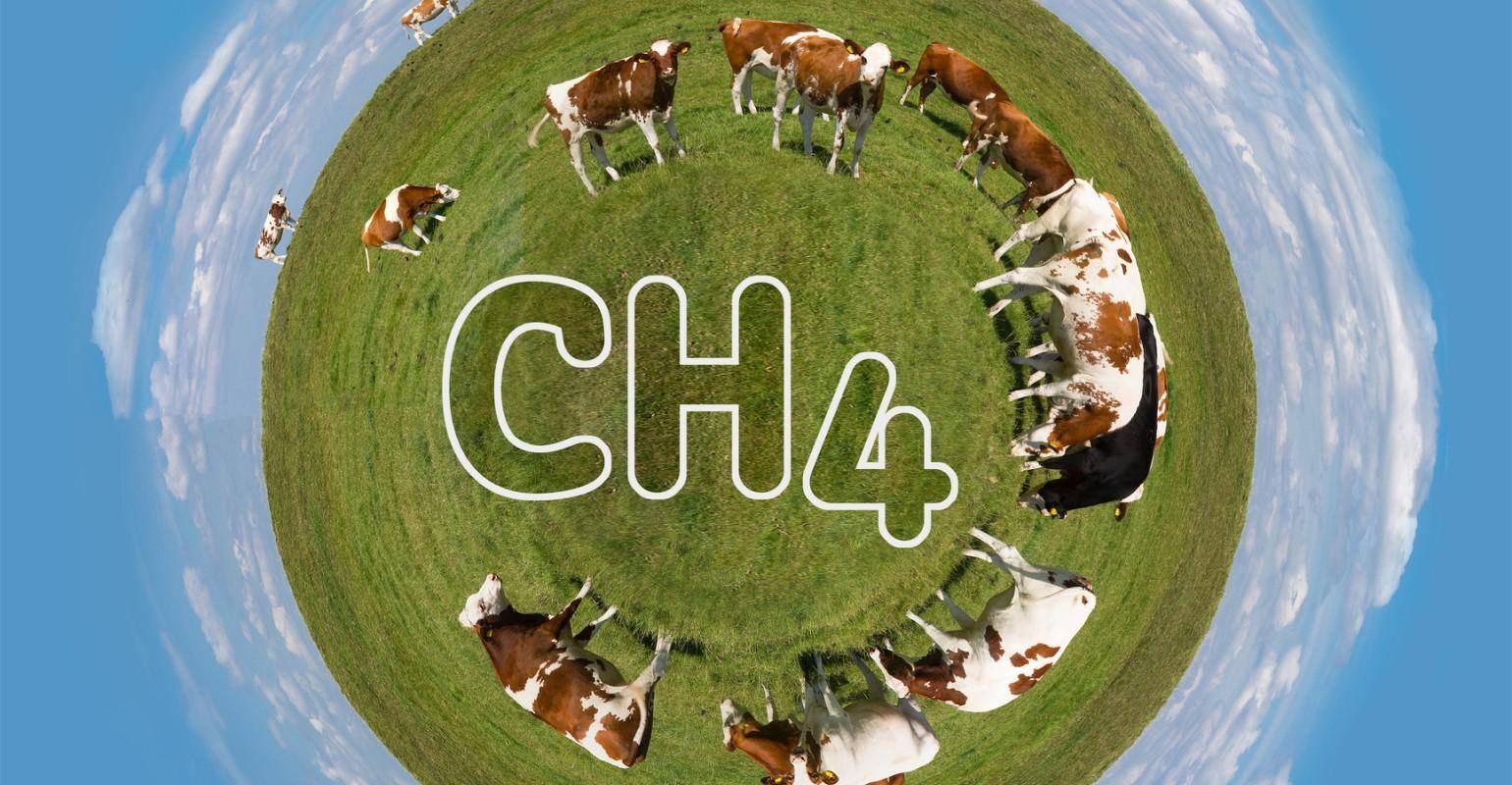California is the country’s largest domestic market for E85 fuel, and the state’s largest ethanol...
Ten Years is Enough for Methane Credits on Manure Digesters, Says Analyst

The California Air Resources Board (CARB), which oversees the state’s low-carbon fuel program, is considering a change in rules for the manure digesters on dairy farms that prevent methane emissions by capturing it for use as a transportation fuel. The digesters are currently eligible for up to 30 years of prevented-methane credits. CARB has proposed a reduction to 20 years for digesters built by 2030.
“Prevented-methane emissions cover the cost of constructing a digester,” said agricultural economist Aaron Smith of the University of California in a blog. “However, after the initial 10-year crediting period, there is little economic justification to continue the credits.”
Digesters cost around $8.6 million for a dairy farm with 2,500 cows and produce around 760 metric tons of methane a year, according to Smith, who calculated likely returns from the sale of the gas and the value of state and federal credits versus the amortized cost of the digester over 10 years. At current credit prices, digesters receive $3,540 per ton of methane abated, which is slightly higher than the annual cost to build and operate the digester.
“Credits for prevented methane emissions make digesters on livestock operations unique. Digesters on landfills do not receive such credit,” Smith said, remarking on “the weirdness of running agricultural emissions policy through a transportation program.”
EDITOR’S TAKE:
Farmers/ranchers always prefer the carrot to the stick approach to regulations that impact not only their operation, but also serve the public good. Conservation practices have long been supported by public funds since they have a widespread benefit. Environmental goals, such as methane production, also fit this description, thus providing credits that cover the installation of methane digesters which benefit both the farm and the public interest. How long those credits should be in place beyond the initial investment payback period is open to debate. That said, however, there are also maintenance and operating costs that extend well beyond the payback for the initial capital investment.
Speaking of investments, be sure to remind farmers/ranchers in your area that section 179 bonus depreciation is being phased out. If they want to take advantage of these tax savings, they should act now. The longer they wait, the less benefit they will experience.








